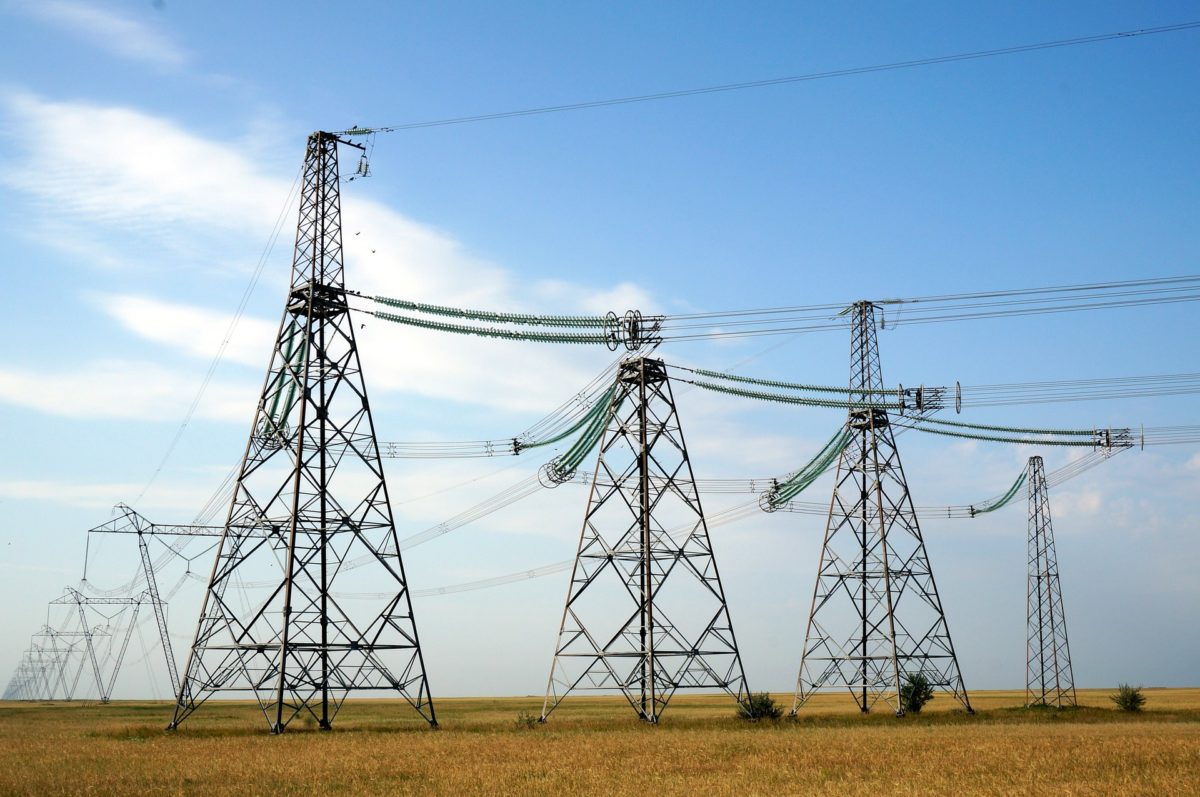Market Based Economic Dispatch (MBED) will help reduce the cost of power purchase across distribution utilities (discoms), enable flexibility in grids to facilitate renewable energy generation, and might also improve the payment track record of discoms, according to India Ratings and Research (Ind-Ra).
However, MBED could have a highly unfavourable impact on expensive thermal plants that lack long-term power purchase agreements (PPAs), since country-wide merit order dispatch will send strong economic signals for power buyers, it said.
The discussion paper on MBED floated by the Central Electricity Regulatory Commission (CERC) proposes that the scheduling of power should be carried out through nation-wide participation in the day-ahead market by both discoms and generators to discover the marginal clearing price (based on variable tariff of plants with PPA and quoted tariff of plants selling un-requisitioned surplus or uncontracted power).
At present, discoms follow self-scheduling within their own tied-up power sources as against the market-based scheduling covering all thermal plants across the country that has been proposed under MBED.
No impact on long-term PPAs
Under MBED, clearing of bills for variable tariff will be at the marginal cost of power (MCP), and the surplus received by the generator (under the scenario that the PPA defines a variable tariff that is lower than the MCP) needs to be paid back to discoms.
Thus, discoms will effectively purchase power at the price defined under PPA (for the quantum of power tied through such PPAs) irrespective of the MCP. Supplementary PPAs approved by the regulator need to be signed to implement the bilateral contract settlement.
It is, however, unclear how claims for compensatory tariff, which is generally collected much later than the period for which it is approved, will be addressed.
Nation-wide MCP will up competition
While existing long and medium-term PPAs provide little or no leeway to renegotiate, the discovery of the nation-wide MCP is likely to ensure that discoms procure power competitively and generators develop projects that are competitive.
The development of new projects, even when the cost of power from new projects (especially thermal projects) is more than the MCP, will be driven by a discom’s need to demonstrate minimum level of contracted capacity in relation to its demand.
The lack of a common or co-ordinated capacity planning among discoms might lead to a surplus or deficit in future capacity additions against the expected demand.
According to Ind-Ra, regulator-monitored capacity planning, which includes assessment of the lifetime total cost of supply, reliability of supply and suitability of supply resources to demand patterns, needs to be an annual feature for each state and this can provide signalling for all generation companies.
Unclear payment mechanism
The market operator will possibly collect the tariff from discoms and distribute to gencos. Under such a scenario, a nation-wide pooling for variable charges might be followed for non-conventional power, which could reduce the counterparty risks.
However, such a mechanism may place higher working capital burden on discoms. PPAs have varied payment security mechanisms, credit periods, etc and the discussion paper has not shed any light on how these issues will be handled. The paper has also not indicated that there will be any change in the payments mechanism for renewable projects.
Must-run status of renewables unaffected
The MBED framework assumes the ‘must-run’ status of renewable and hydro projects. Conventional plants will be scheduled only after using all available renewable resources in the country under the framework.
Various studies of renewable grids have indicated that grid curtailment possibilities will reduce significantly if the scheduling is carried out on a nation-wide/region-wide scale compared to the state-wide scheduling that is prevalent currently.
The MBED framework would ensure nation-wide scheduling, subject to transmission and grid security constraints.
Hence, renewable integration issues would not be a concern till renewable penetration increases by a considerable extent. Renewable energy as a percentage of overall generation stood at 10.2% at end-11MFY19.
This content is protected by copyright and may not be reused. If you want to cooperate with us and would like to reuse some of our content, please contact: editors@pv-magazine.com.









1 comment
By submitting this form you agree to pv magazine using your data for the purposes of publishing your comment.
Your personal data will only be disclosed or otherwise transmitted to third parties for the purposes of spam filtering or if this is necessary for technical maintenance of the website. Any other transfer to third parties will not take place unless this is justified on the basis of applicable data protection regulations or if pv magazine is legally obliged to do so.
You may revoke this consent at any time with effect for the future, in which case your personal data will be deleted immediately. Otherwise, your data will be deleted if pv magazine has processed your request or the purpose of data storage is fulfilled.
Further information on data privacy can be found in our Data Protection Policy.